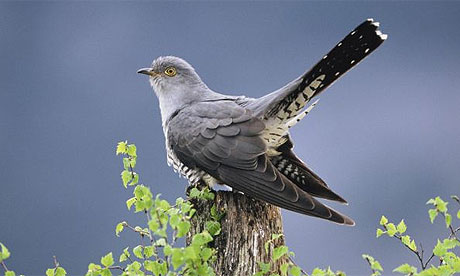Hardie Grant Books
RRP NZ $34.99
Paperback
From acclaimed writer A A Gill comes this collection of travel pieces selected from his monthly column in Australian Gourmet Traveller – ‘A A Gill is away’. Witty, acerbic and often moving, these pieces are far from standard travel writing fare. Touching on tourism, airports, world cuisine and countries including Madagascar, Iceland and Russia, Gill’s perspective is often controversial and always unique.
He ponders Italy’s ability to turn organised crime into a tourist attraction, stumbles upon lobster-shaped coffins in Ghana, contemplates the Darwinian drive of bastardised dishes around the globe, explains why Johannesburg is the luckiest place in the unluckiest continent and considers the great black lake of tears that immigration leaves behind.
With an introduction and extra piece written exclusively for this collection, Here and There showcases the very best of Gill’s hilarious and insightful travel writing, and is a must read for his many fans.
About the Author
A A Gill ,(pic right by Peter Marlowe), was born in Edinburgh. He is the TV and restaurant critic for the Sunday Times and is a contributing editor to GQ Magazine, Vanity Fair and Australian Gourmet Traveller. His books include two novels, Sap Rising and Starcrossed, both travel books, A A Gill Is Away and Previous Convictions, as well as The Angry Island and Paper View. He lives in London and spends much of his year travelling.
A A Gill was in New Zealand for the Auckland Writers’ and Readers Festival and in Australia for the Sydney Writers Festival.
He proved to be an enormous draw card at both Festivals with the house full sign going up whenever he appeared. The Bookman was fortunate enough to see and hear him at both Festivals and I was most impressed. Surprisingly there was no duplication at all in his presentations. Unsurprisingly this book was a best-seller at the bookshops at both Festivals. It is a marvellous book to have beside the bed for dipping into.
The publishers have given me permission to publish an edited extract from Here and There, from his Introduction, and this follows:
Introduction
Here and There wasn’t my idea.
Here and There sounds a bit now and then, hot or cold, red or white, window or aisle. It’s a bit hostess binary.
I wanted to call it Aussie Tucker Walkabout, because that’s the name of the file I keep these articles in.
My little joke.
I told Pat, my editor at Australian Gourmet Traveller, that I wanted to call the collection Aussie Tucker Walkabout, and across a dozen time zones, 20 weather systems and 10,562 miles I could hear his eyeballs roll in their sockets. ‘That’s funny,’ he said in the measured tone we keep for foreigners who copy our accents.
I’m lousy at titles. I’ve had bad reviews just for the titles of my books. And, actually, Here and There isn’t bad. I’m here, you’re there. Or perhaps you’re here and I’m there. If there’s anything that connects this collection of disparate and syncopated streams of peeved whimsy, then it is the hereness of there, and the thereness of here.
These are night-time thoughts, opinions and observations. They come out of the dark, are written last thing and filed to Australia as they or you start work, and I or they go to bed. I turn the lights out, check the locks and enjoy that peculiar, particular frisson of knowing that my chilly, damp words are now sunny, dry words; that a ten quid thought can emigrate to become a better idea, to be free and work hard and grow up to be a theory that it could never have been back here, or there. There’s a sense of playing truant, a leave of absence in writing something for the next day, for people I don’t really know, and better still, who don’t know me. I have this alter ego now, this doppelganger.














































